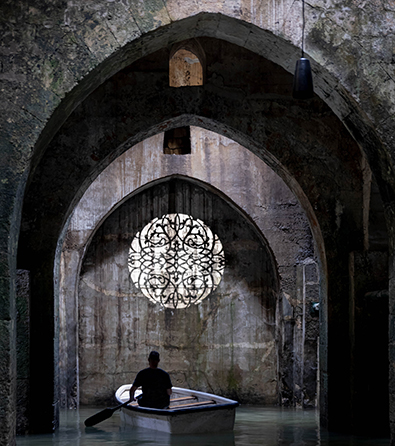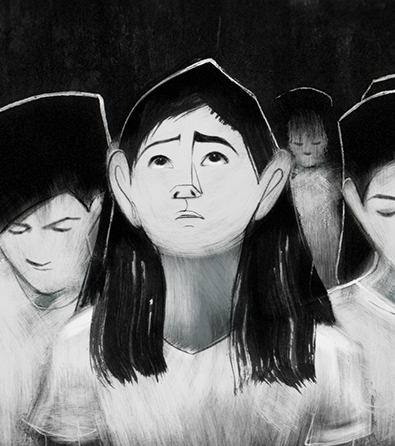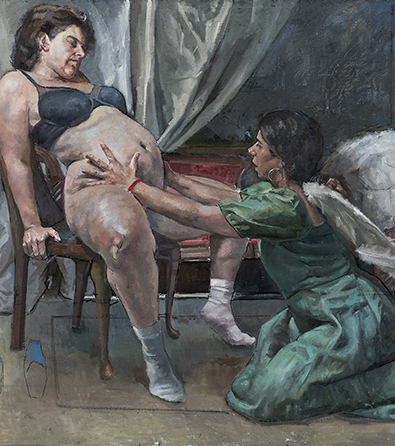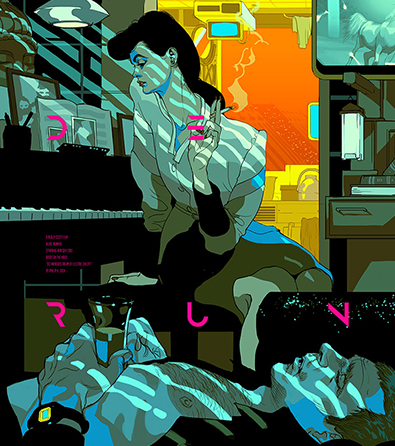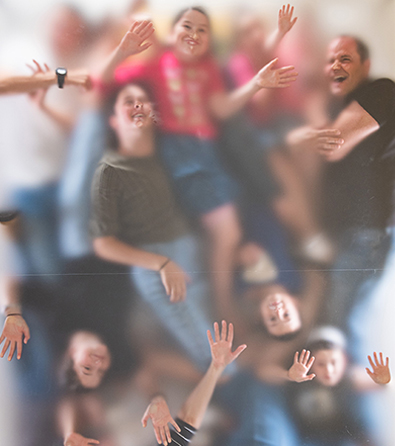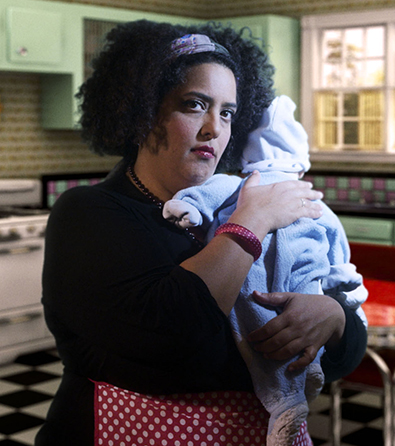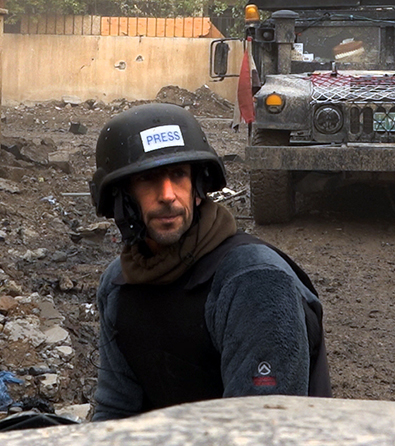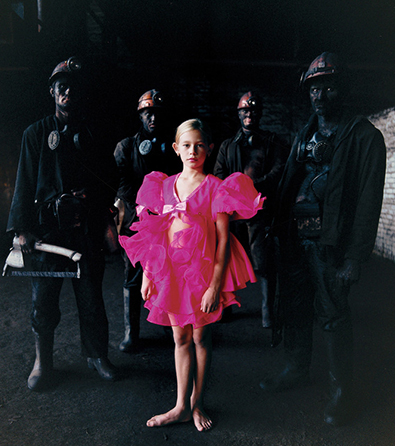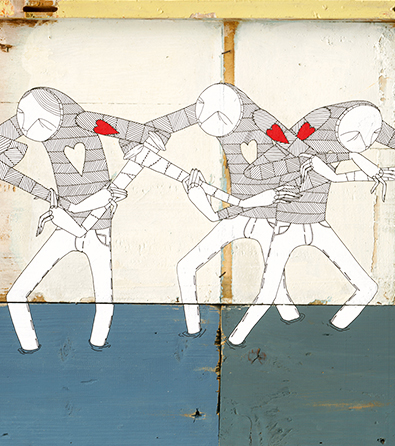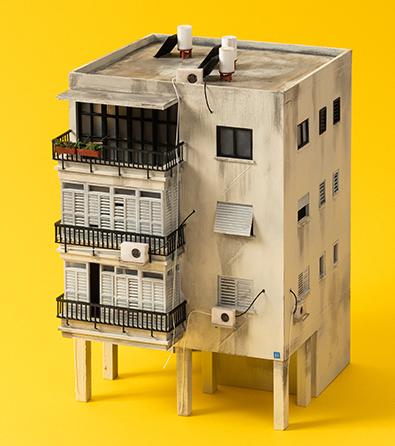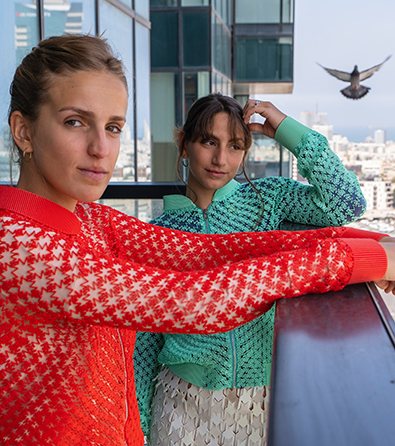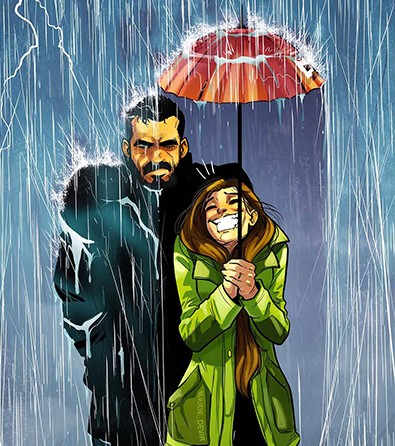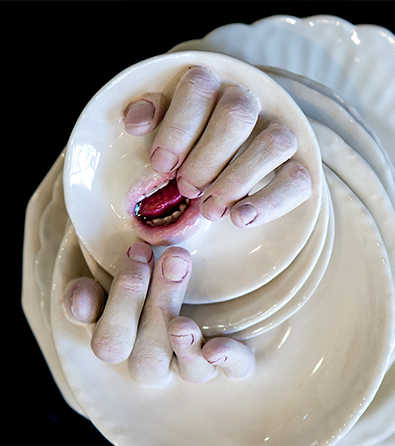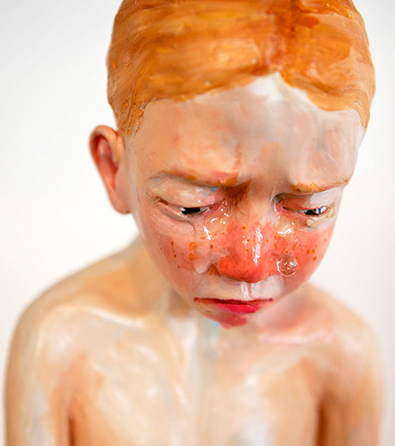Watch the short video featuring Kitepride (5:28 minutes) at the top of the page.
* To watch this film, please approve YouTube/Vimeo cookies via the blue cookie icon at the bottom left of the screen.
Fashion is not just a proclamation of style or a compilation of chic clothing and accessories; it’s an outward display of our core values and personal identities. In an era where ethical fashion and eco-friendly practices are gaining momentum, Kitepride, a sustainable bag brand and social enterprise located in Tel Aviv, is utilizing fashion as an instrument of change.
During my visit to Kitepride’s workshop, nestled on Shoken Street in Tel Aviv, I had the privilege of engaging with Tabea Oppliger. Tabea, an embodiment of compassion, drives her social business with an unwavering commitment to justice and freedom. The genesis of her mission traces back to Switzerland, where she launched an organization with a resolute goal: eradicating slavery within the sex industry and curtailing human trafficking. This impactful endeavor ultimately led her, along with her family, to Tel Aviv, where, in collaboration with her husband, Matti Oppliger, she established Kitepride.
Kitepride serves as an epitome of a business built on the pillars of social responsibility and environmental consciousness. The bags, handcrafted in their quaint Tel Aviv workshop, reflect the brand’s commitment to eco-friendly fashion. They stand unique and sustainable, constructed from recycled and upcycled materials like kite surfing sails, boat sails, parachutes, and even billboards. With a network rooted in the Israeli surfing and sailing community, Tabea and Matti, ardent surfers themselves, source these otherwise discarded materials for repurposing.
As Tabea elucidates in the interview, “Our vision was to create a positive impact, not to contribute to existing waste. We aim to transform discarded materials into something new and beautiful, much like the renewed lives of these individuals.” Through the conscious choice of repurposing discarded materials into ethical fashion accessories, Kitepride positions itself as an eco-friendly brand that makes a positive environmental impact, all while refraining from contributing to landfill waste. Each bag, with its own unique narrative and design, stands as a singular piece of creation.
A key challenge in rehabilitating survivors of the sex industry, as shared by Tabea, is their struggle in finding employment. With limited options to add to their resumes, their chances of securing conventional employment are substantially reduced. Some grapple with drug addiction, crippling debts, and others, having been forcibly brought into Israel, lack the necessary permits to live and work. Amidst these stark realities, many relinquish their attempts to escape the sex industry. While several organizations offer support in terms of temporary housing and drug rehabilitation, a gaping need persists in facilitating their reintegration into society and employment.
In addition to Kitepride’s social enterprise, Tabea and Matti have instituted the Hope Center foundation. The foundation extends its support to survivors of the sex industry in Israel who prefer not to be involved in bag production. Over a span of three months, the foundation equips them with essential life skills, aids in resume building, and guides them in securing employment opportunities beyond Kitepride.
The echo of a conversation with a woman engaged in prostitution who told Tabea, “We don’t need pity. We need jobs!” resonates at the core of Kitepride’s mission – to create a safe, supportive environment for survivors of the sex industry and human trafficking, fostering skill development, a secure and sustainable work setting, and nurturing self-esteem.
Kitepride serves as a beacon, showcasing that fashion can indeed be a powerful vehicle for social change, ethical employment, and environmental conservation, thereby making an indelible impact on both people and the planet.
You are invited to watch the interview with Tabea Oppliger, featured at the top of the page.
For our comprehensive cultural guide to Tel Aviv, please visit our website or refer to the designated link provided.

